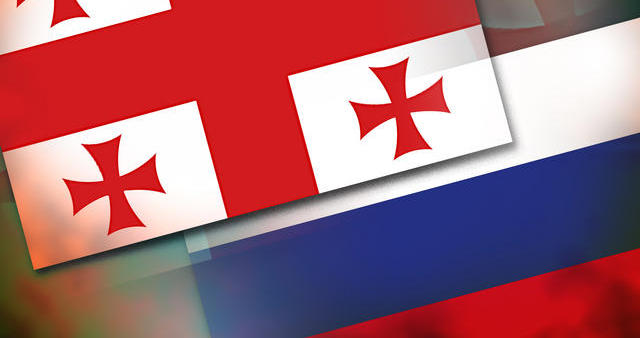
From Simon A. Miles, the Atlantic Council of Canada: [T]he time has come for a new policy of engagement vis-à-vis the conflict in Abkhazia. The pattern of Russia’s behavior as a would-be hegemon needs to be checked, and this article has demonstrated that international organizations such as NATO and the EU are uniquely poised to work together to meet this challenge. This goal would be best served, it is suggested, by adopting a three-track approach.
First, NATO, the EU, and their allies should intensify what is at present a weak diplomatic effort to ensure compliance with the 2008 ceasefire agreement, which Russia is in clear violation of. Second, NATO member states – alone and in concert – should engage the people of Abkhazia, their leaders, and local business interests. This will erode Russian political and economic dominance of the province and open its denizens to interaction with others than Moscow through fruitful collaboration. Third, NATO should not shy away from Georgia’s accession in the future – not as an abstract concept, but rather by producing a concrete plan for so doing. Not only will Georgia, a nation which has already made clear its volition and commitment to the Alliance’s ideals, be strengthened, but Russia will be confronted with proof of opposition to its aspirations of regional domination. In this way, not only will NATO gain a valuable new member; but the international community will make good on its countless iterations of support for human rights and international law. (graphic: Center for European Studies)
Image: ces%208%2015%2011%20russia_georgia_flag.jpg
